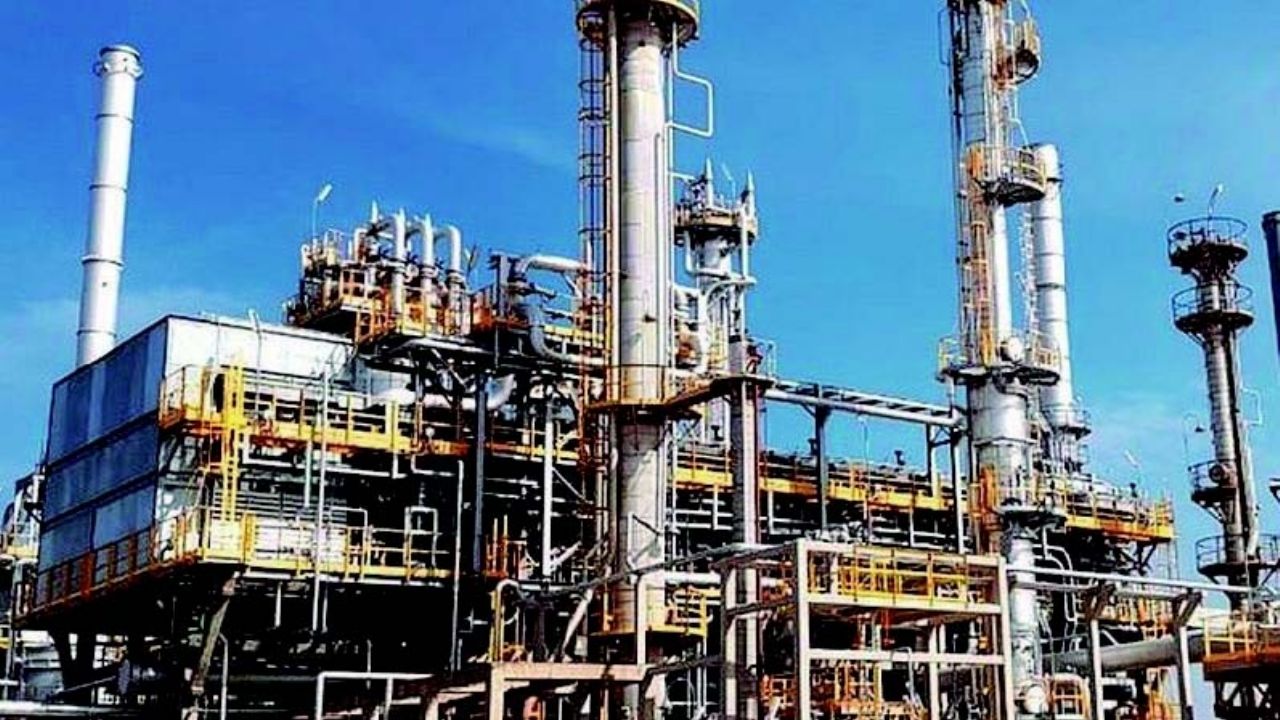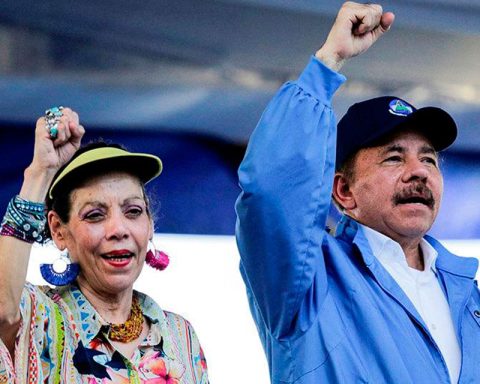Page Seven / La Paz
Given the drop in the production of liquids and the growing import of fuels, the Government decided to import subsidized crude oil to feed the country’s refineries and that can process gasoline and diesel.
Through Supreme Decree 4661 of January 19, the Government establishes the conditions for the importation of crude oil by the Bolivian Fiscal Oilfields (YPFB), as well as the tax and tariff treatment for this purpose.
The norm justifies that the purchase of this product from abroad will reinforce national production, which will reduce the subsidy associated with the direct import of inputs and additives and diesel oil, and will additionally benefit the State with the commercialization of other derivatives obtained from the processing of said hydrocarbons, also allowing the full capacity use of the refineries in national territory.
The decree authorizes the Ministry of Economy to issue fiscal credit notes (Nocres) in favor of YPFB charged to its current budget, for subsidy to imported crude oil.
Former Hydrocarbons Minister Álvaro Ríos said that the provision seeks to give oxygen to refineries, which are running out of raw material due to the drop in oil and condensate production associated with natural gas. “If oil is not imported, I estimate that in 2023 one of the refineries would have to be closed because there is no raw material left,” he specified.
However, he announced that the oil will have to be imported at an international price of 87 dollars a barrel and to this must be added the cost of transportation from the ports to the national territory.
According to Ríos, an alternative would be to import the oil by pipeline from Argentina, which would generate savings, because transport by truck will cost an additional 30 dollars if it is brought by ship to the port.
However, he insisted that the structural solution is greater exploration to find new gas reserves, since the country is importing 70% gasoline and 40% diesel.
higher refining
- Target The president of YPFB, Armin Dorgathen, informed that the import of oil will allow to supply raw material to the refineries and reduce the cost of fuel imports.
- Purchase Fuel imports as of November 2021 reached 1,697.6 million dollars, according to the INE report.















